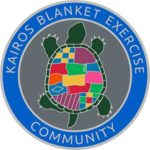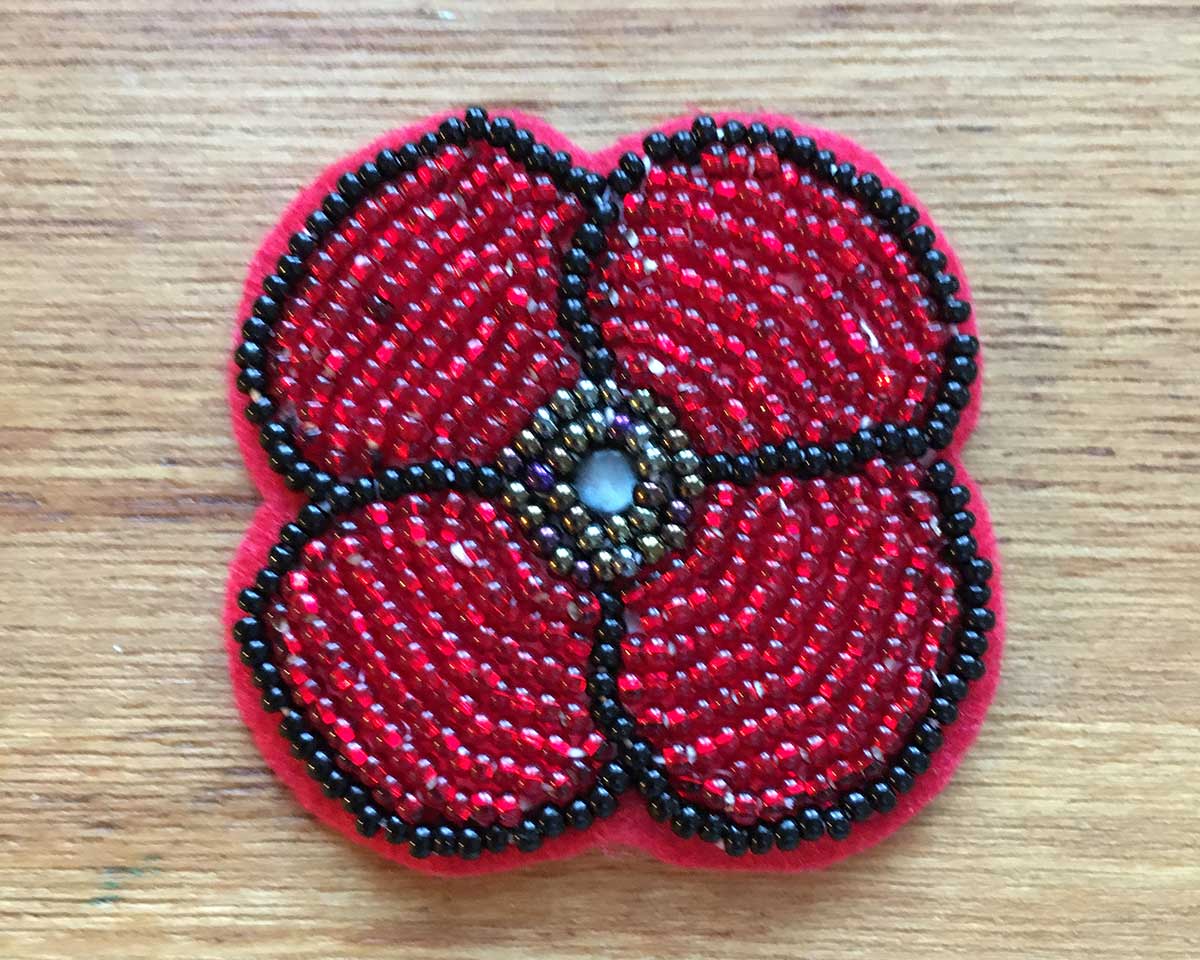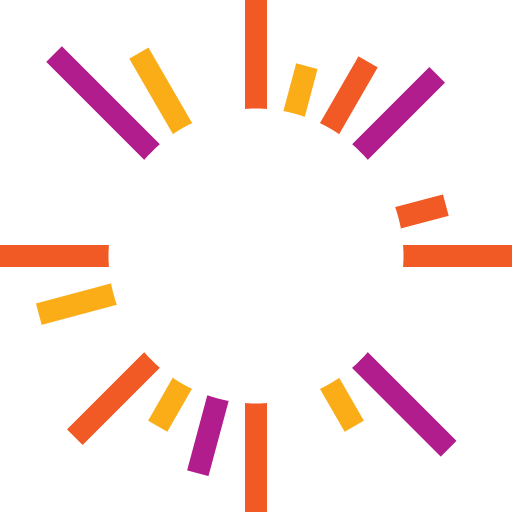“’Chi chiskutimaasunaanaau: We Are Learning’ was a tremendous event in the life of our parish, and in my own personal life” said the Rev. Stephen Silverthorne (now rector at St. Paul’s Kanata), referring to the educational day out on the land hosted by Good Shepherd Barrhaven in 2017. “I was not blessed with much exposure to Indigenous culture in the past. Yet even as I grew more interested, I lacked opportunities to learn more and to help my parish understand its depth.”
He went on to add “The Healing and Reconciliation [Fund] grant empowered us to partner with an Elder who helped us grow in our appreciation and respect. Participants from our parish and throughout the diocese went home with greater knowledge but also a greater desire to pursue reconciliation in our own lives and parishes.”
In addition to this memorable day of learning out on the land, the Fund has provided grants to 23 projects for a total of more than $110,00 since its beginning in 2016. Several of the projects are listed below. As described in the guidelines, the Fund is guided by the Truth and Reconciliation Commission’s 94 Calls to Action and by the United Nations Declaration on the Rights of Indigenous Peoples (UNDRIP) and require that Indigenous people be involved in the planning, organizing and implementing of the program. COVID-19 has slowed down proposal writing, but several projects approved but stalled in 2020 are slated to go ahead once circumstances permit.
Online Opportunities
In the meantime, there are a number of online opportunities that can foster learning about Indigenous history and awareness of Indigenous cultures and traditions. Last fall, the Indigenous Relations Circle of St. James Manotick connected with an online workshop offered by the Indigenous Theatre at National Arts Centre. With a focus on beading, workshop participants created beautiful beaded poppies. The Healing and Reconciliation Fund supported Indigenous participation in the workshop which was attended by settler and Indigenous people alike, promoting cultural awareness and dialogue.
KAIROS, the ecumenical organization and home of the Blanket Exercise (KBE), is offering two online options—Virtual KAIROS Blanket Exercise workshops and Teaching and Sharing Circles. As the website, kairosblanketexercise.org, explains the virtual KBE workshop “honours the experiential and participatory elements of the in-person KBE, while making adjustments for a safe experience in an online environment. Hosted by experienced KBE facilitators, the online session can accommodate groups between 20 and 45 people, and is scheduled for two and a half hours.”
The other option, Teaching and Sharing Circle interactive Zoom-based sessions, are led by Indigenous Knowledge Keepers and aim to build positive relations between Indigenous and non-Indigenous peoples. The sessions have focussed on topics such as ‘We are all treaty people’, ‘Métis Teachings’, the Doctrine of Discovery’, ‘Social Injustice in the Court System’, among others. There is a registration fee for the Circles and for the KBE workshops which the Fund could help cover.
KAIROS is also offering an in-person version of the KBE adhering to health and safety protocols and using an adapted script to allow for physical distancing.
Online coffee hours can be turned into learning sessions while listening to the Anglican Church of Canada’s “Sacred Teachings” podcasts produced by the Rev. Canon Ginny Doctor. The sixth and most recent series of eight episodes is entitled “Suicide: the other Pandemic – awareness and prevention.” Earlier series include ‘Wisdom of the Land’, ‘Dismantling Racism’ and ‘Stories of Hope and Light.’ Each episode is about 30 minutes in length – just the right length for a mid-morning coffee hour listening to the podcast and followed by some discussion. An honorarium for an Indigenous speaker who could help participants reflect on the podcast’s theme could be covered by a Healing and Reconciliation Fund grant.
Anytime is a good time to apply to the Fund, but planning for National Indigenous Peoples Day of Prayer coming up on Sunday June 20 or other related activities could start now. See www.ottawa.anglican.ca/amr for Fund details and contact AMR if you have questions. The proposal window is wide open.
Examples of some of the projects funded by the Healing and Reconciliation Fund since 2016:
 KAIROS Blanket Exercise (Parish of Huntley and St-Bernard-de-Clairvaux)
KAIROS Blanket Exercise (Parish of Huntley and St-Bernard-de-Clairvaux) - Large mural on exterior wall of church facing Bank St “Telling the Truth: A shared journey toward reconciliation, healing and hope” (Trinity, Bank St.)
- Inuit celebrations, ‘Igloo206’ and worship materials in Inuktituk (St Margaret’s, Vanier)
- The ongoing presence of an Indigenous Knowledge Keeper at Cornerstone’s Princeton Residence
- Printing of books for every household in the Shabot Obadjiwan First Nations for their Algonquin Language Recovery project in Lanark (St James, Perth)
- Indigenous Day event with Kateri Native Ministry (St Mary Magdelene, Chelsea).


Saint Mary’s Church, Westmeath — Deanery of the Northwest